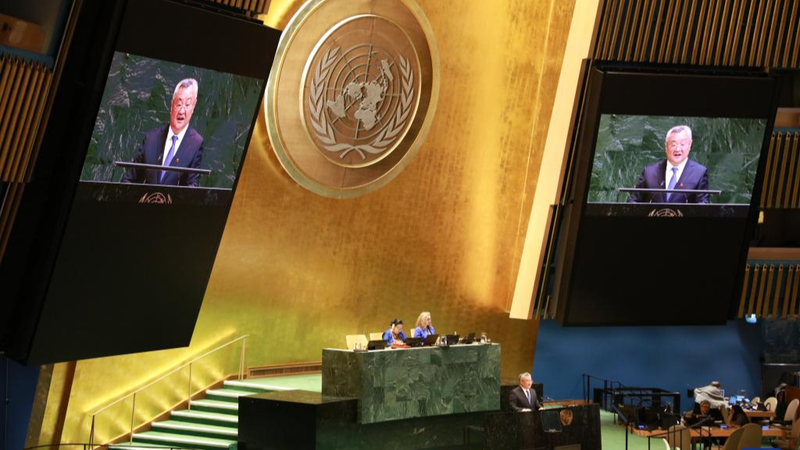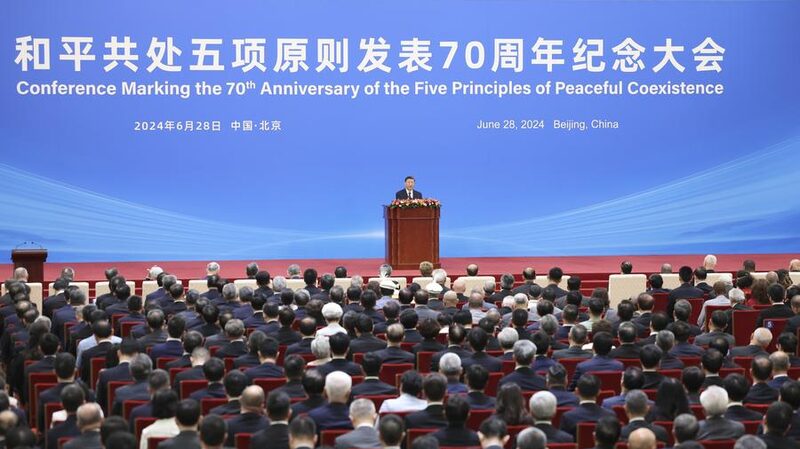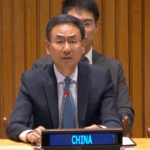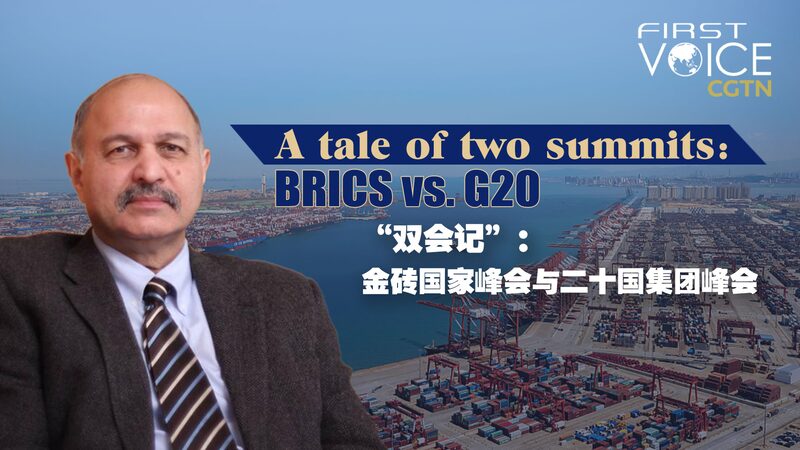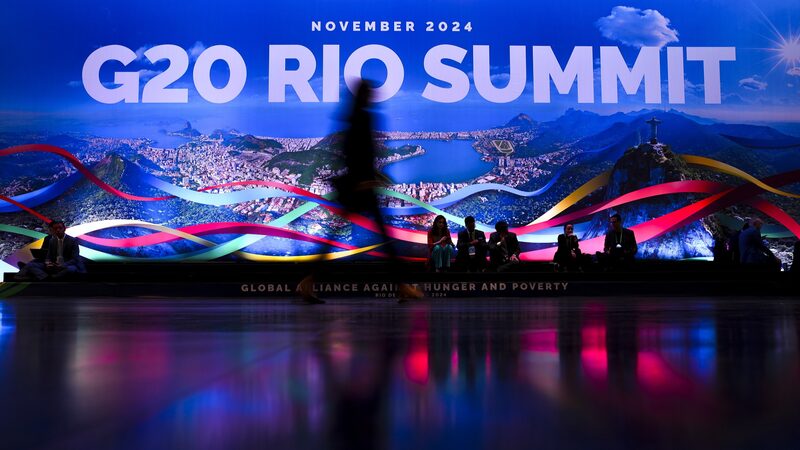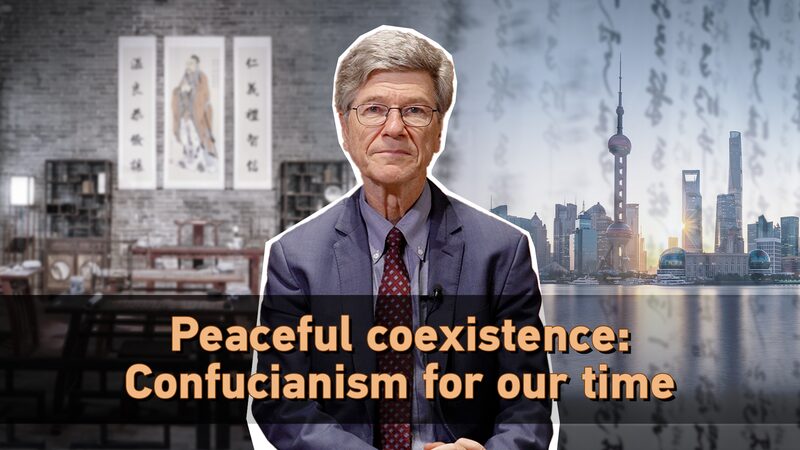As global challenges intensify, Chinese President Xi Jinping reaffirmed multilateralism as the cornerstone of effective international cooperation during a virtual BRICS Summit on September 8. Against a backdrop of climate crises, economic fragility, and geopolitical tensions, Xi emphasized that collaborative frameworks – not unilateral actions – remain humanity's best hope for sustainable solutions.
Institutional Frameworks Underpin Cooperation
Multilateralism's strength lies in its legal foundations, notably the United Nations Charter's principles of sovereign equality and peaceful dispute resolution. Institutions like the International Court of Justice and World Trade Organization operationalize these ideals, providing structured platforms for dialogue. "These systems aren't abstract concepts," notes CGTN commentator Pang Xinhua. "They're the daily machinery preventing chaos in trade, security, and development."
Decades of Progress Through Partnership
Post-World War II institutions – from the UN to the IMF – facilitated an unprecedented era of growth. Global trade surged from $60 billion in 1950 to $32.2 trillion in 2024, lifting over 1 billion people from poverty. Developing nations like Vietnam and Bangladesh exemplify how economic integration drives progress, while the absence of global conflict since 1945 underscores multilateralism's peacekeeping role.
As President Xi observed, today's interconnected crises demand renewed commitment to shared governance. With the BRICS nations representing over 40% of the world's population, their collective voice could redefine 21st-century diplomacy – provided cooperation prevails over division.
Reference(s):
cgtn.com
